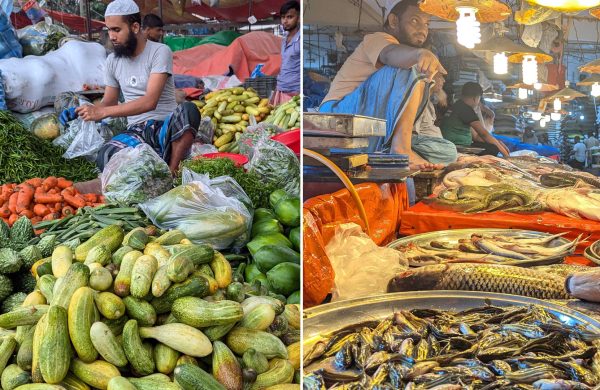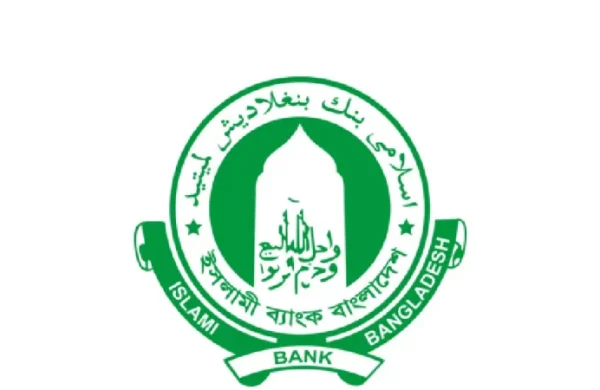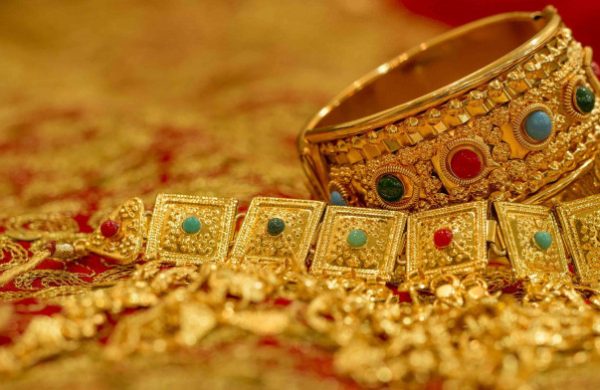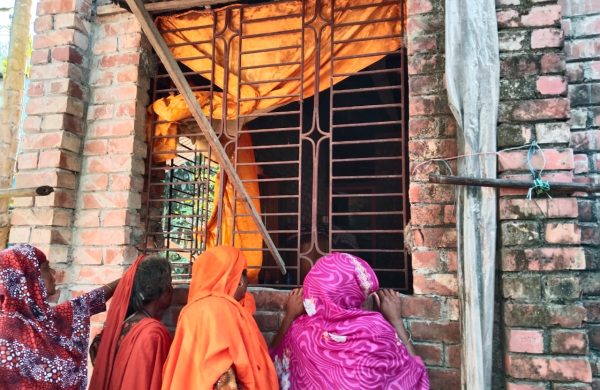Trump’s tariffs: NBR preparing list of US goods that could qualify for tariff reductions
- Update Time : Sunday, April 6, 2025

Staff Correspondent:
The National Board of Revenue (NBR) officials are preparing a list of products currently imported from the US that could qualify for tariff reductions — particularly items where duty cuts would encourage higher imports without significantly harming Bangladesh’s revenue.
The officials revealed the information during a meeting on Sunday (April 6), chaired by Commerce Secretary Md Mahbubur Rahman, with participation from exporters and economists.
They also said tariffs cannot be reduced solely on products from the US. If this were done, other countries would also demand the same benefits from Bangladesh.
Commerce Adviser Sk Bashir Uddin yesterday said Bangladesh plans to increase imports of essential goods from the US and reduce its trade surplus with the country to negotiate the recently announced 37% “reciprocal” tariff, set to take effect on 9 April.
NBR officials said they are trying to make tariffs zero on products that are heavily imported from the US but rarely from other countries.
They believe this would increase imports from the US, and Bangladesh’s revenue collection will not decrease.
In response to NBR’s proposals, economist M Masrur Reaz, chairman of Policy Exchange Bangladesh, said it is necessary to understand what the US expects from Bangladesh and which products they are requesting duty reductions from instead of reducing duties arbitrarily.
“Otherwise, reducing duties according to our own wishes will not be enough to satisfy the US,” he added.
“We suggest the government promptly connect with the US side. The government may send a letter to the US within two days,” he told The Business Standard after the meeting.
He said there is a provision in the US that offers a 10% duty benefit on exported goods to the US market if 20% American material is used in their production.
“Therefore, a decision has been made to import more cotton from the US,” he added.
NEW WAREHOUSE TO BOOST COTTON IMPORT FROM US
During the meeting, it was also mentioned that the Ministry of Commerce has decided to swiftly establish a warehouse to facilitate increased cotton imports from the US.
Additionally, business leaders and economists recommended sending a formal letter to the US government before 9 April, requesting a three-month extension.
During the meeting, the exporters and economists urged the government to request the US Trade Representative (USTR) not to enforce the Trump-era tariffs during this three-month period.
The participants also emphasised the need to include a detailed roadmap in the letter, outlining the specific trade benefits Bangladesh is willing to offer the US and to complete negotiations within this three-month window.
The meeting was attended by trade expert MA Razzaq, economist Selim Raihan, and BKMEA President Mohammad Hatem.
Razzaq that the decision to establish a warehouse for importing US cotton had already been made, but discussions now focused on expediting its implementation.
“While the warehouse plan had existed for some time, there had been little progress until now. The government believes that swift action on this front could help convince the US side of Bangladesh’s commitment,” he added.
Razzaq said economists and business leaders had recommended sending the letter to the US as soon as possible, seeking a three-month extension to allow for continued negotiations.
“We were asked to assess the potential impact of the Trump tariffs,” he said. “I mentioned that the US imports $80 billion worth of RMG. Due to the additional tariffs, this could decrease by 10% to 25%. We discussed whether Bangladesh could stay competitive under such conditions.”
He also warned that if China loses competitiveness in the US RMG market due to the tariffs, it might increase its exports to Europe and other markets—potentially reducing Bangladesh’s export share in those regions.
Hatem said it is possible to increase cotton imports from the US by three to four times the current volume. “Doing so would help reduce the trade gap.”
He said the government will quickly set up a warehouse to support this initiative.
WHAT BANGLADESH IMPORTS FROM US
An initial finding of the NBR and Bangladesh Investment Development Authority (BIDA) detected 30 items imported from the US have higher tariffs.
The items include generation and generating sets, valves, meat (beef), agro-items, some raw materials, and capital machinery, which have duties ranging from 26.2% to 80%.
The officials estimate that Bangladesh’s average weighted tariff on US goods is less than 5%.
Major import items from the US are cotton, scrap, Boeing, and capital machinery, which are mostly exempted from payment of taxes in Bangladesh.
Bangladesh imports high-end cars, occasionally, from the US, too. In the last fiscal year, five cars were imported from the US.

















